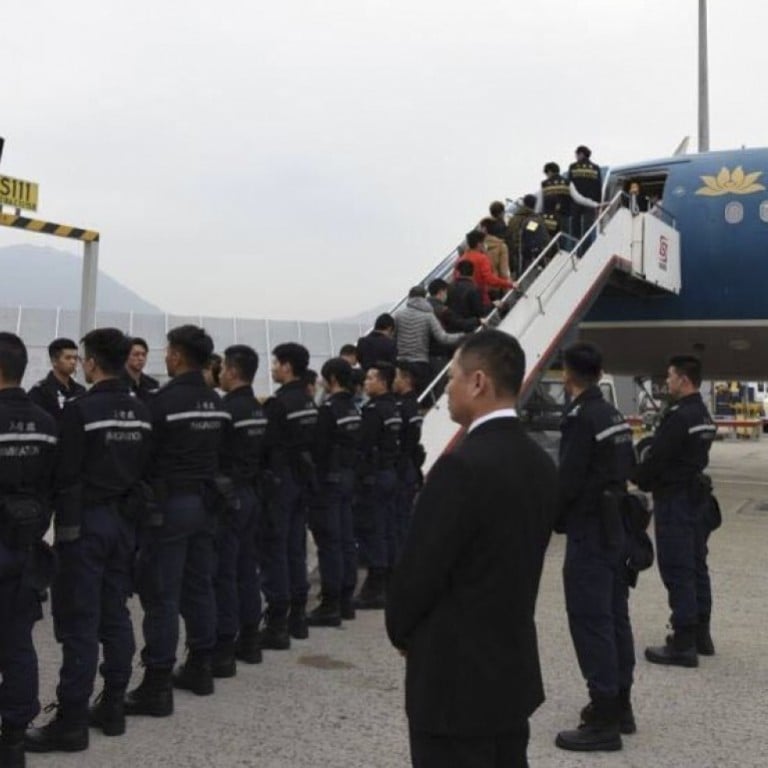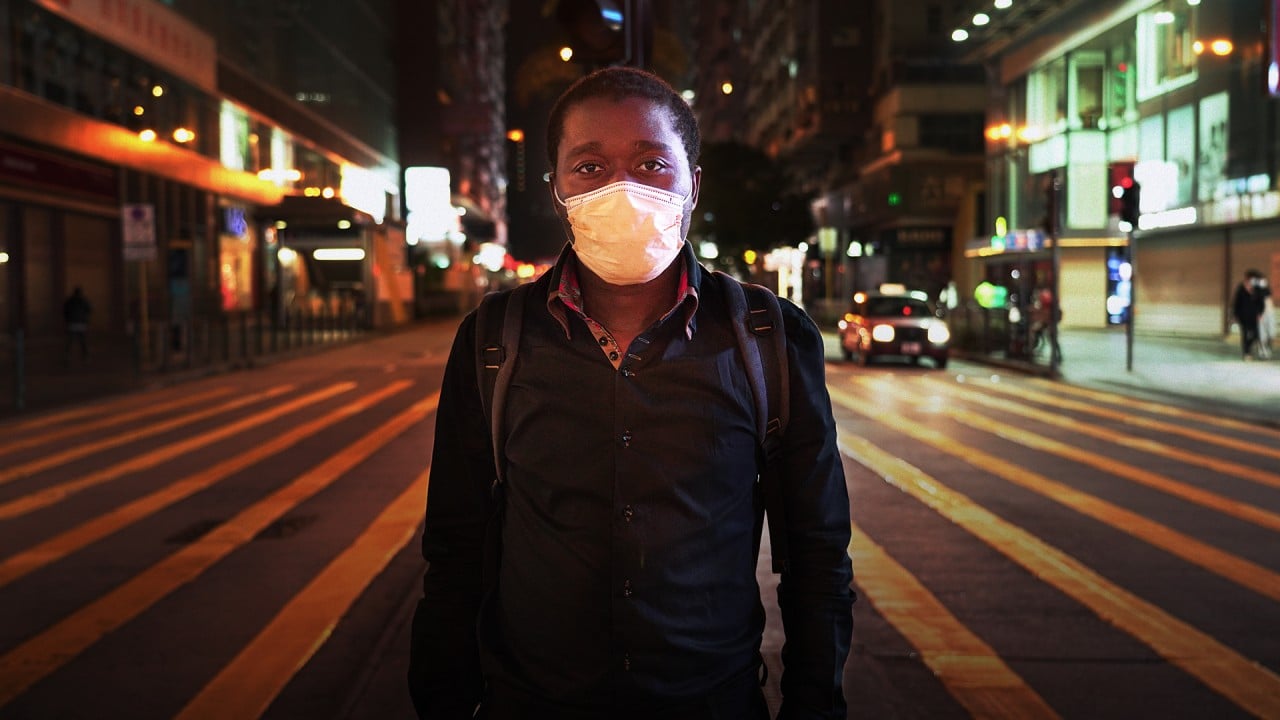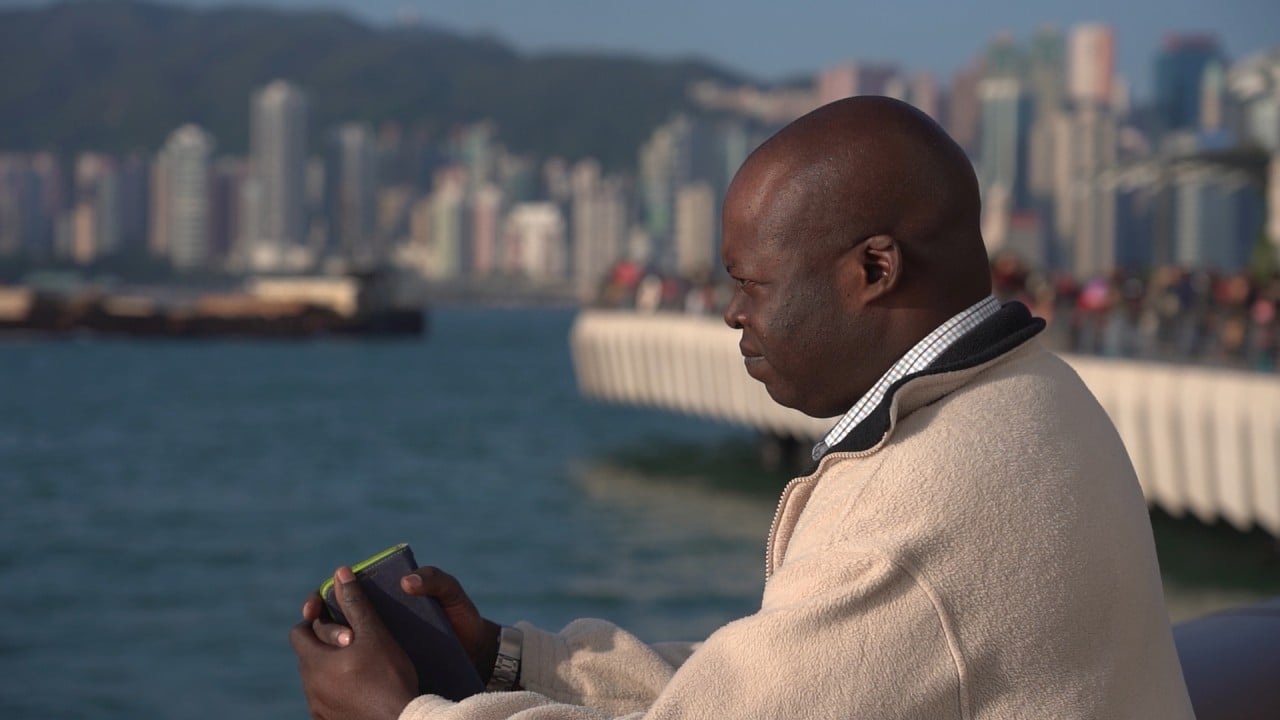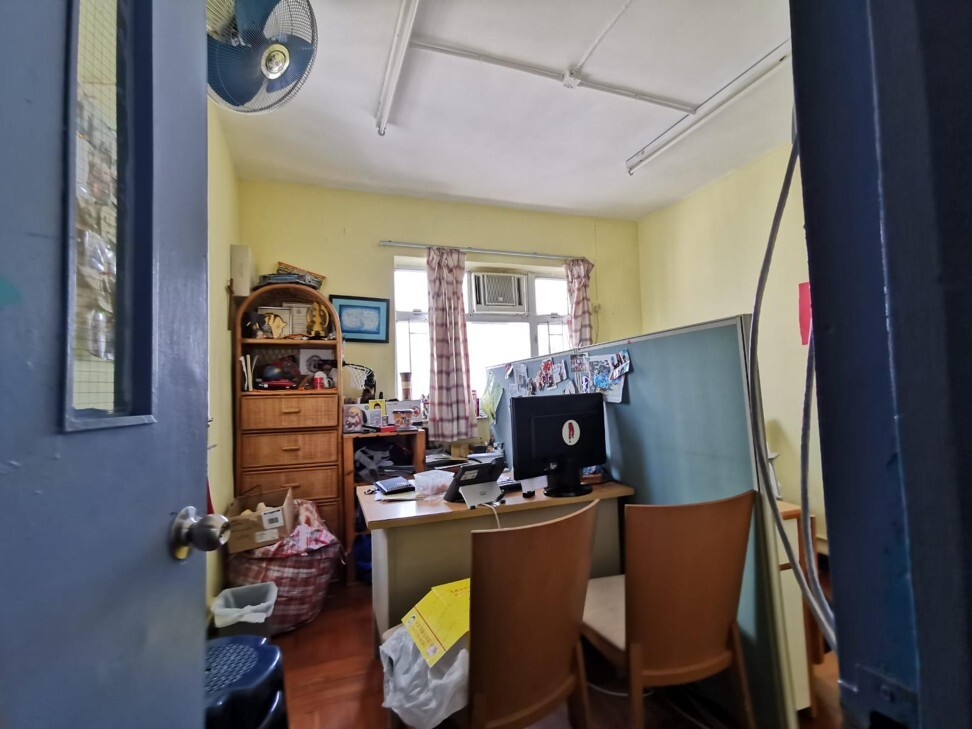
Hong Kong immigration bill: baseless rhetoric on refugees only hurts the most vulnerable
- Particularly since 2016, refugees have been scapegoated and detained to suit the political platforms of certain lawmakers
- Rhetoric that has no basis in data translates into very real consequences for vulnerable migrants in our city, and it is refugees who pay the price
While this rhetoric is not new, the debates were noteworthy for the absence of dissenting voices since late 2020, save for two non-establishment legislators. This alarmist approach to refugees in Hong Kong is often at odds with the data available.

10:31
From asylum seeker to banker: Zimbabwean in Hong Kong pays it forward
The final meeting in Legco focused primarily on two xenophobic conceptions of refugees in Hong Kong: “fake” refugees and “refugee crime”.
In this light, if anything, the low substantiation rate raises alarms that claimants are being wrongly refused in a system where there is no margin for error. Such mistaken decisions mean that someone could be sent back to a place where they could face torture or worse. Considering that the Security Bureau called a drop in non-refoulement claims and other results of stringent asylum policies “positive results”, the efforts to limit access to asylum are unquestionably deliberate.

08:01
Living in limbo: The life of an asylum seeker in Hong Kong
During recent debates, Legco members claimed that non-refoulement claimants on recognisance were committing crimes en masse. As one Legco member suggested, apparently “nowadays people are afraid, they dare not go out at night because of law and order concerns”. In the last meeting to pass the bill, some Legco members notably used the number of arrests – but not convictions – of recognisance holders to support their portrayal of “refugee crime”.

There are three points of concern. First, although the Security Bureau has stated that most recognisance holders are non-refoulement claimants, not all are.
Second, arrests do not equal convictions. Due legal process means that after arrest, sufficient evidence is required for a person to be charged with a crime. Afterwards, a person would need to be found guilty at a trial before they could be convicted.
Third, Hong Kong Police Force and Security Bureau records indicate that between 2013 and 2019, recognisance holders made up between 1.66 per cent and 5.08 per cent of total arrests. No data is kept on what percentage of recognisance holders arrested end up charged, tried or convicted, let alone specifically non-refoulement claimants.
Considering the very real possibility of racial profiling leading to groundless arrests of non-refoulement claimants, as well as the fact that approximately half of overall arrests in Hong Kong do not result in convictions, it is difficult to see the kind of refugee crime picture that certain Legco members are painting.
Raquel Amador is a Hong Kong-based legal researcher specialising in refugee and migrants’ rights. Chloe Fung is a researcher with a particular interest in data analysis and visualisation to advance rights protection. They are working on a three-year project researching immigration detention and vulnerable migrants at the Faculty of Law in the Chinese University of Hong Kong


